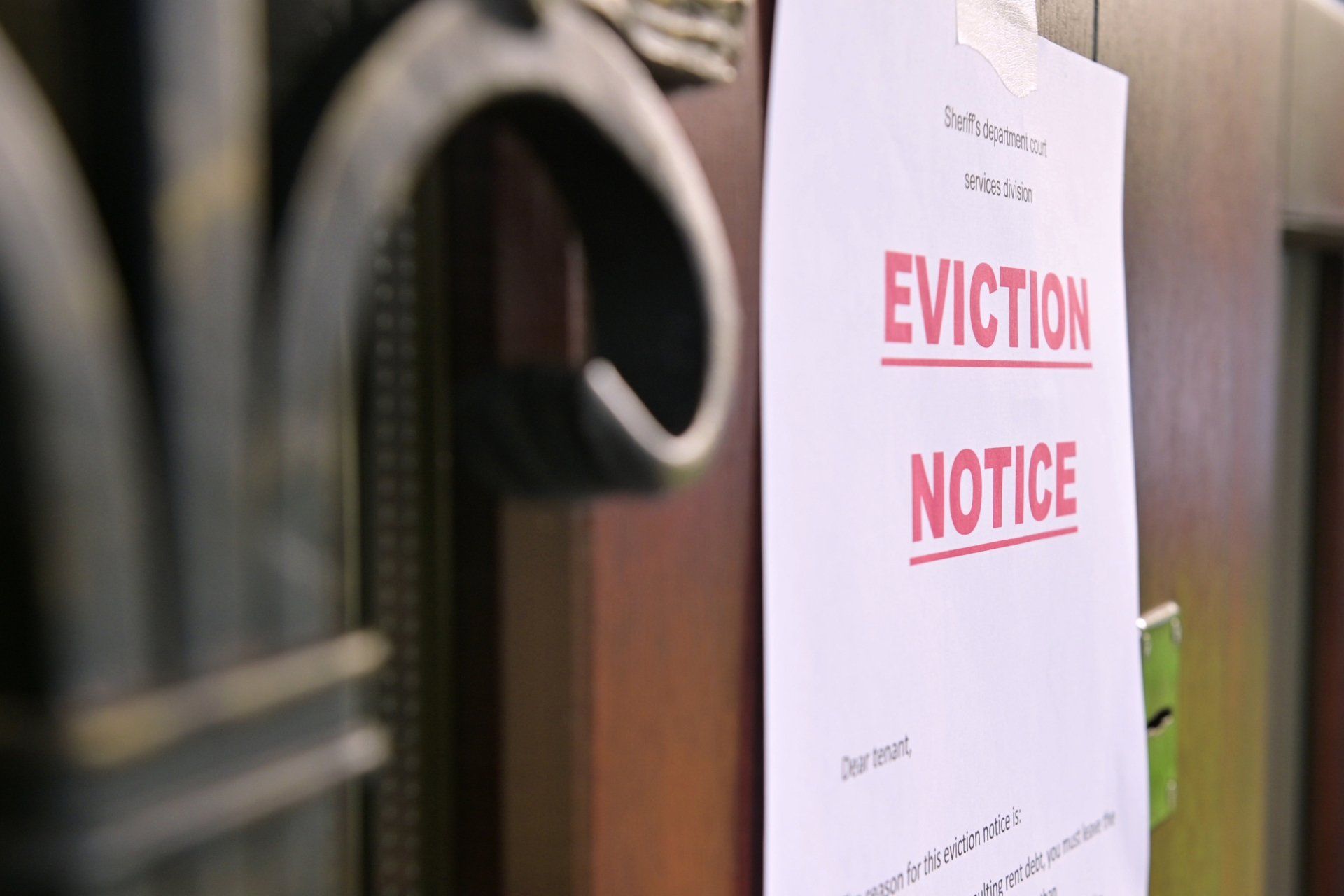Repossession and Bankruptcy
Repossession and Garnishment
Have you fallen behind on car payments and been threatened with repossession? Has a creditor filed a lawsuit against you? Has that lawsuit resulted in a judgment that the creditor is going to use to seek garnishment of your assets including your bank account or your wages? At the law firm of Hickson Law, PC, our Texas Board of Legal Specialization Consumer Bankruptcy Certified Attorney has been stopping repossession, garnishment and levies for people in Austin and throughout Texas since 1991 through bankruptcy. She is dedicated to finding solutions to debt problems.
Bankruptcy and Repossession
Filing either Chapter 7 bankruptcy or Chapter 13 bankruptcy results in an automatic stay taking effect that prevents creditors from moving forward with motor vehicle repossession or repossession of any other property. Our attorney will carefully analyze your case before recommending a specific type of bankruptcy.
Bankruptcy and Garnishment
When creditors file lawsuits, debtors rarely respond. Debtors know that they owe money, and that they may have no ground to stand on in terms of defending against the lawsuit. Unfortunately, not responding allows the creditor to obtain a judgment, which can be used to seek bank account garnishment or levies against other property. Filing bankruptcy stops lawsuits and stops garnishment.
Has a creditor threatened wage garnishment? In Texas, wage garnishment is not actually allowed. Unfortunately, many large, national employers are not aware of this fact. Creditors will try to take advantage by seeking to enforce their judgment in another state. Filing bankruptcy prevents any such attempts from moving forward.
Contact Us Today for Your Free Consultation
Call 512-346-8597 or send us an e-mail to schedule your free consultation with our Texas lawyer.
Payment terms available.
We are a debt relief agency. We help people file for bankruptcy relief under the Bankruptcy Code.
